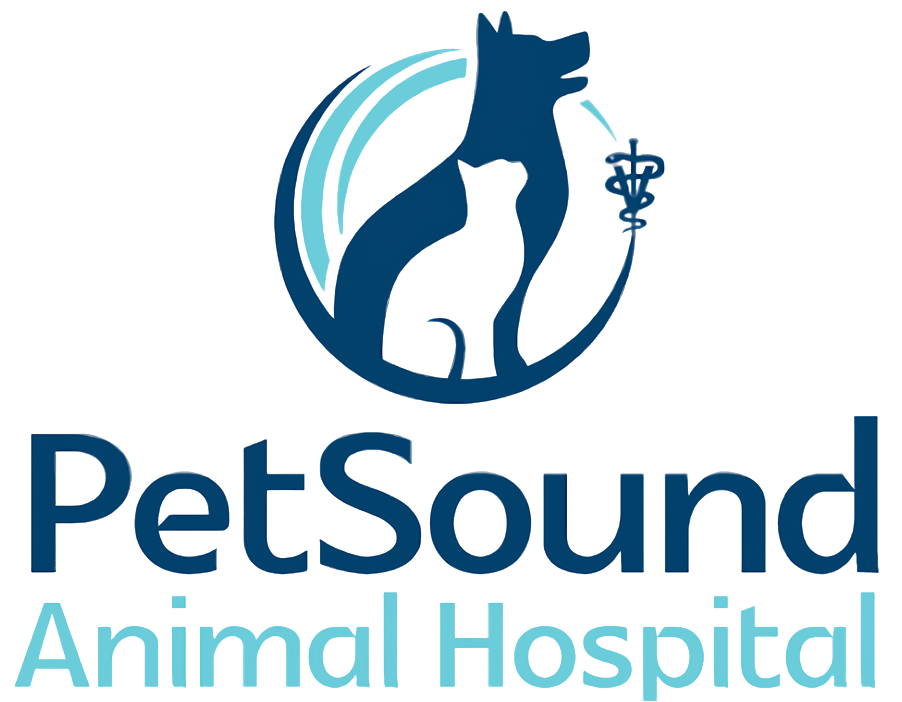Articles
-
Gentamicin + betamethasone ophthalmic is a steroid anti-inflammatory eye medication with antibiotic used for the treatment of external eye infections and inflammation of the eye in dogs. It is also sometimes used to manage pannus or pigmentary keratitis in dogs. It may be used off-label in cats and horses.
-
Gentamicin + betamethasone valerate + clotrimazole (Otomax®) is a combination topical ear medication used to treat bacterial and/or yeast ear infections in dogs. It is also used off label to treat bacterial and/or yeast infections in cats, or for the topical treatment of superficial skin infections in both dogs and cats.
-
GMHa (brand name: Easotic) is a combination antibiotic, antifungal, and corticosteroid anti-inflammatory drug used to treat certain bacterial and yeast ear infections. GMHa is a suspension used once daily to treat ear infections. This article discusses dosage, potential side effects, risks, and monitoring.
-
Gentamicin ophthalmic is used in the eye to treat bacterial infections and end-stage glaucoma. Side effects may include increased redness or eye irritation. Do not use this medication if your pet is allergic to it or has a full thickness wound to the eye. If a negative reaction occurs, call your veterinary office.
-
Gentamicin topical formulations are used to treat bacterial infections. The ophthalmic formulation is used off label to treat external ear infections by topically applying the medication directly to the ear canal. Side effects may include increased redness or inflammation. If these effects occur, discontinue the medication and call your veterinarian. If you suspect an overdose or an adverse reaction to the medication, call your veterinary office immediately.
-
Giardiasis is an intestinal infection caused by a microscopic protozoan. The parasites attach themselves to the intestinal wall and the damage causes an acute, sudden onset of foul-smelling diarrhea. Diagnosis may be by routine fecal flotation or presumptively based on clinical signs. Fenbendazole and metronidazole are the drugs most commonly used to kill Giardia. Giardiasis is the most common intestinal parasitic infection of man and can potentially be passed from cats to humans.
-
Ginger is a well-known tropical plant (Zingiber officinale) whose root is used in both Traditional Chinese Medicine and Western herbal medicine in cats, dogs, and other animals. It is used most as an anti-nausea and anti-vomiting supplement, but has also been used as an anti-inflammatory, antioxidant, circulatory stimulant, and for cognitive support.
-
Gingivitis refers to inflammation of the gums. Stomatitis may involve the gums, tongue, inner surfaces of the lips, and/or the floor and roof of the mouth. Gingivitis may be caused by a bacterial infection from plaque on the teeth and is usually associated with poor oral hygiene. It can lead to more severe periodontal disease and tooth loss. Diagnosis and treatment are discussed. The prognosis for stomatitis varies depending on the pet, and tooth extractions may be required. A consistent homecare program and regular evaluation by your veterinarian will improve your cat's prognosis.
-
Ginkgo is an herbal supplement derived from the Ginkgo biloba tree. The ginkgo seed is used in Traditional Chinese Medicine to treat respiratory disorders; it must be roasted, as the raw seed is toxic. The ginkgo leaf is used in Western medicine to stimulate blood flow to the extremities and to the brain.
-
Ginseng is an herbal supplement used to boost energy and promote health and longevity in cats, dogs, and other animals. Ginseng is believed to increase blood flow to the heart muscle, decrease resting blood sugar levels, and increase adrenal gland activity. It has also been used for respiratory issues, depleted immune system, obesity (triglyceride blood levels), cancer, and reproductive problems.

